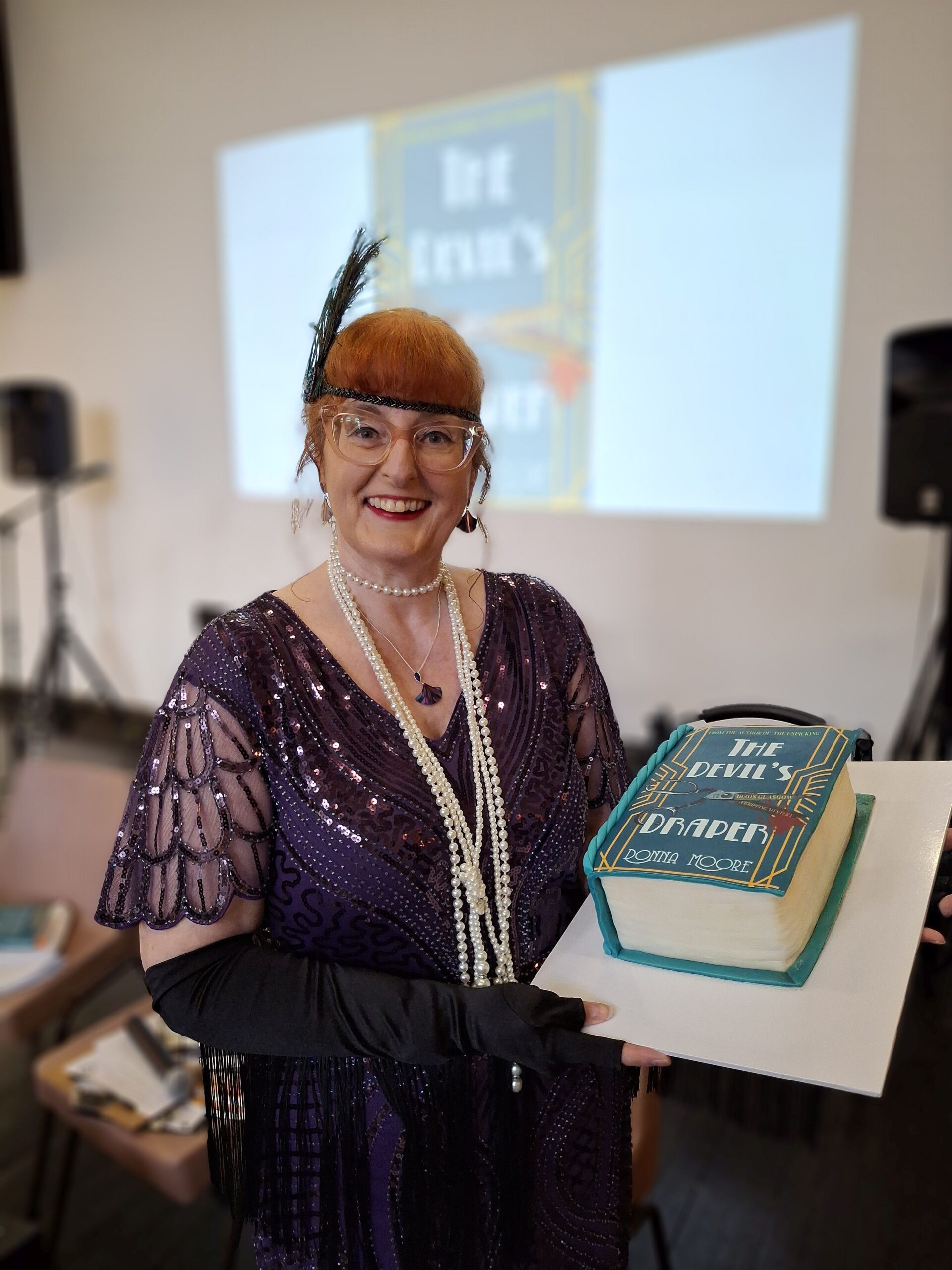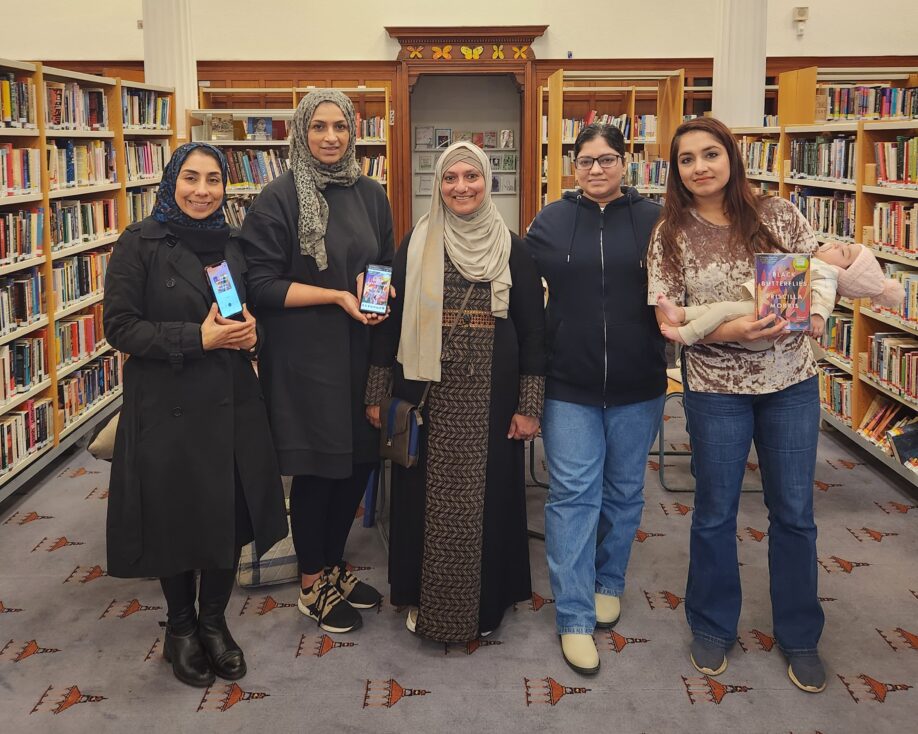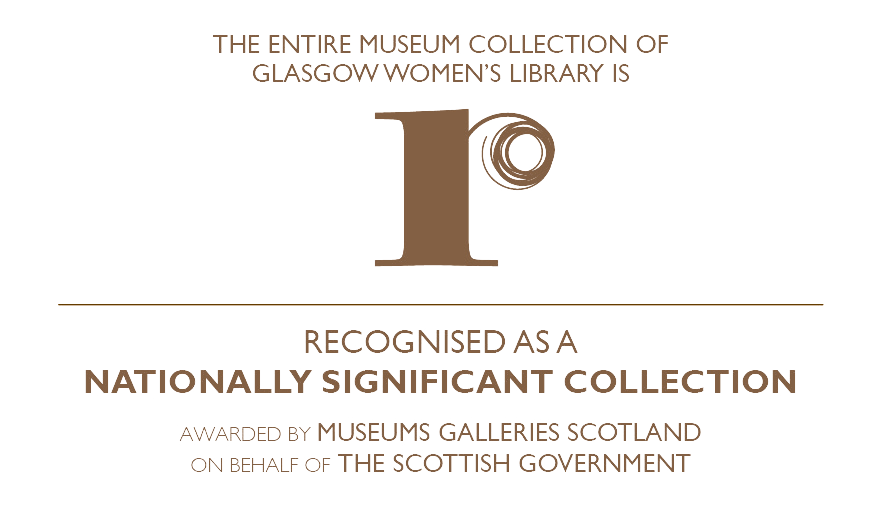* ‘One by One in the Darkness’ by Deirdre Madden is reviewed as part of the Mixing the Colours Resource which is available to view at Glasgow Women’s Library. You can find out more and download a copy of the Mixing the Colours Resource List here. *
Deirdre Madden’s One by One in the Darkness is the tender and engaging story of three sisters who have grown up in the midst of the political turmoil and instability of 1960s/70s Northern Ireland. We meet Helen, Cate and Sally – three successful, professional women – just before the ceasefire of 1994. During the novel, the reader gradually pieces together the puzzle of the sisters’ individual and shared identities through reflections from their childhood, which culminate in a tragic and shatteringly traumatic incident – an event which will transform their lives and shape the women they will become.
Cate, an astute fashion writer, is returning from London to her childhood home in Northern Ireland with news which will rock the foundations of her already wounded and fragile family: Helen, the eldest sister and an uncompromising Belfast lawyer, and Sally, the youngest sister, a primary school teacher who has remained at home with the girls’ mother, Emily. Both the tensions and the warmth of the relationships between the three sisters and their mother are drawn out through conversations in the present interspersed with childhood recollections.
Madden renders the challenges and strains of familial division deftly and, through the lens of innocence afforded by three little girls, paints the novel as a whole with poignancy and a sense of mystery which retains the attention of the reader where the adult perspective would very probably have struggled to do so. Uncle Peter’s alcoholism takes a turn from the sinister to the pitiful as Helen sees him slumped, defeated and head in hands, behind a van at a bright, busy fairground, and the atmosphere of tension and dread associated with visits to the austere Granny Kelly is palpable and skilfully depicted.
The prose is accessible, evocative and intimate, and it is particularly arresting and refreshing to read an account of this topic in the voice not just of children but of women, looking back on their childhood with the enlightenment of changed lives, separation and retrospection. This perspective is all the more pertinent given that the sisters, and their mother and grandmothers, are resilient and opinionated women immersed in an environment which is driven and directed by male power.
The juxtaposition of the sisters’ different reactions to, and reflections on, the trauma of their shared girlhood and how these reactions have manifested in their differing adult lives lends another well-crafted dimension to the novel. However, while it’s clear that Helen, Cate and Sally have been presented in such a way as to make a feature of their differences, they do not read as laboured or parodic. On the contrary, their ability to co-exist in a state of both consensus and disharmony is entirely believable.
While some of the dialogue is occasionally a little inelegant, and some points are repeated from time to time (it does feel as though Helen’s having chosen her house as a place to live and not as ‘a home’ in the sentimental sense is mentioned more than it needs to be), the novel still succeeds in balancing narrative and dialogue appropriately, which really helps to lend depth and credibility to all of the characters. The sense of impending tragedy gains momentum from very early on in the novel, making for a compelling read, and the story unfolds at a well-judged pace.
At 181 pages and written in language which is accessible and relatable, One by One in the Darkness is an ideal quick read, while being intriguing and substantial enough to give a very textured sense of life for women in Northern Ireland throughout the second half of the 21st century. It is a personal and perceptive story of how a group of women face down tragedy by arming themselves, and each other, with their unity and attachment in the face of crisis and shared trauma. Ultimately, while the sisters acknowledge that the past has inevitably influenced their collective and individual reality, they are determined that life must go on and that their future – and that of their family and their homeland – remains unwritten.
Rebecca Jones













